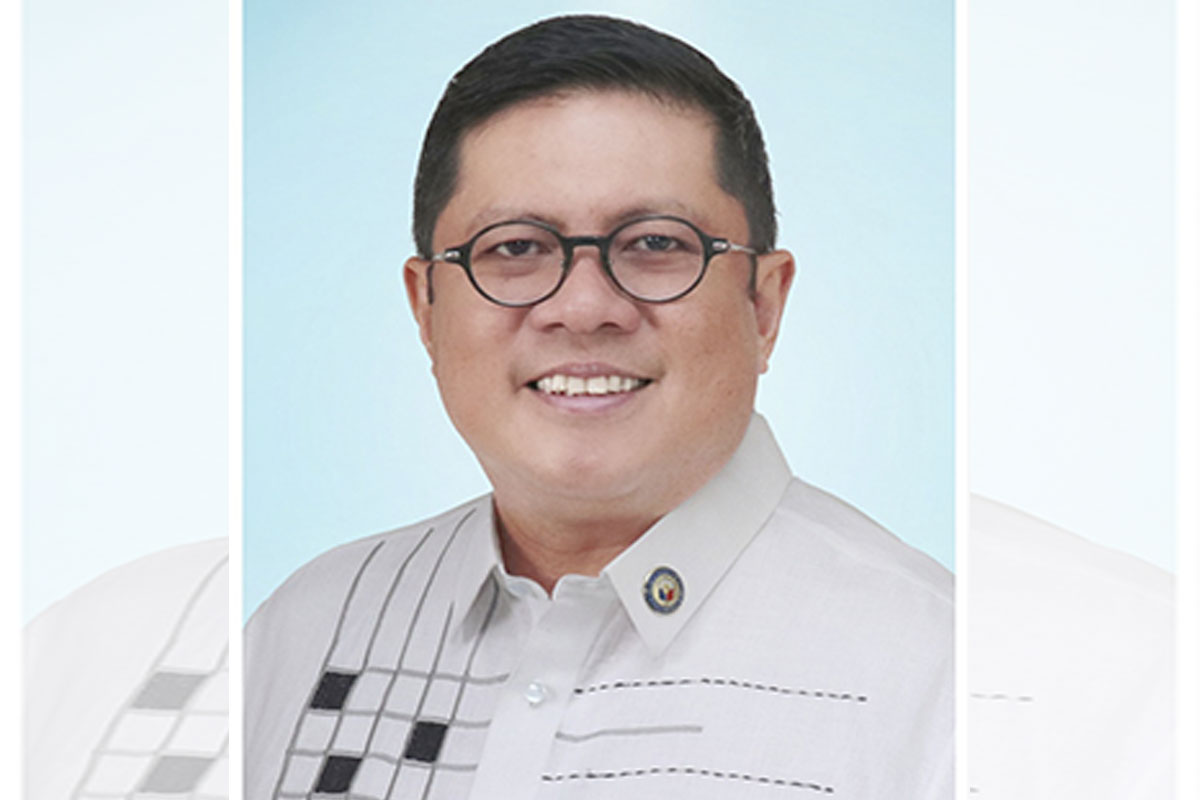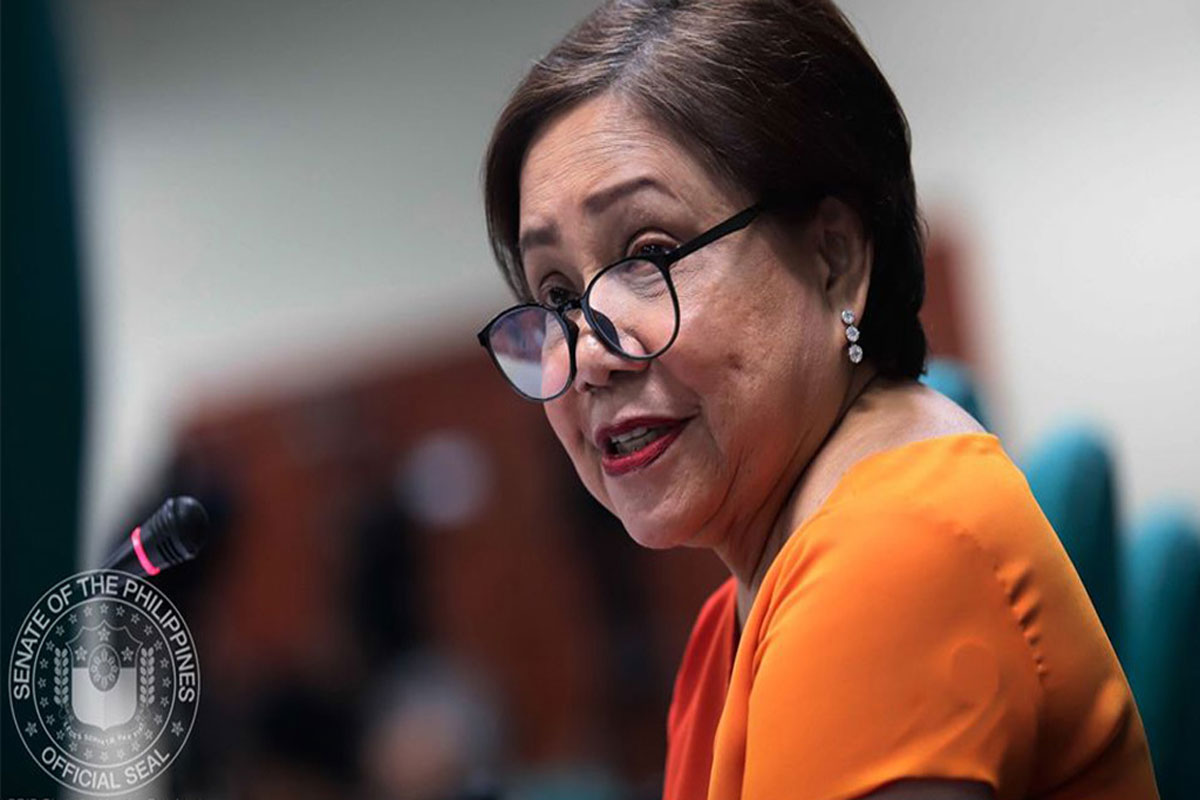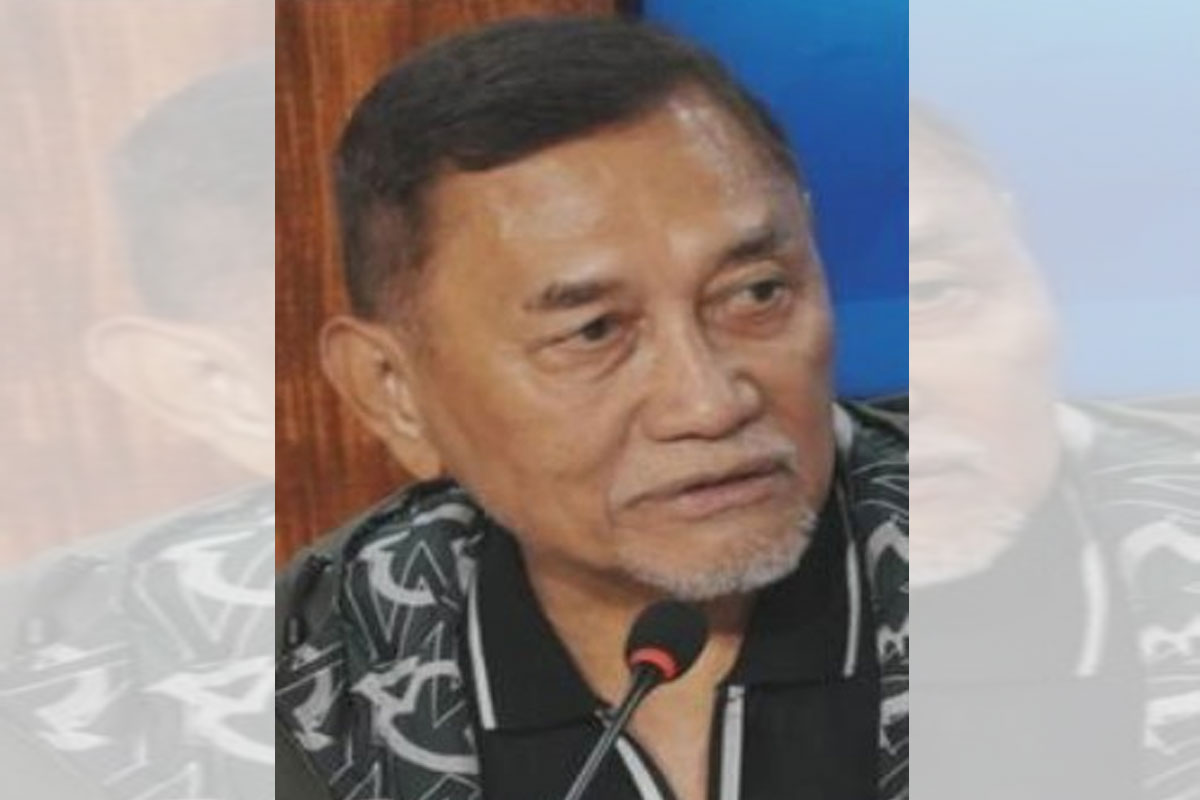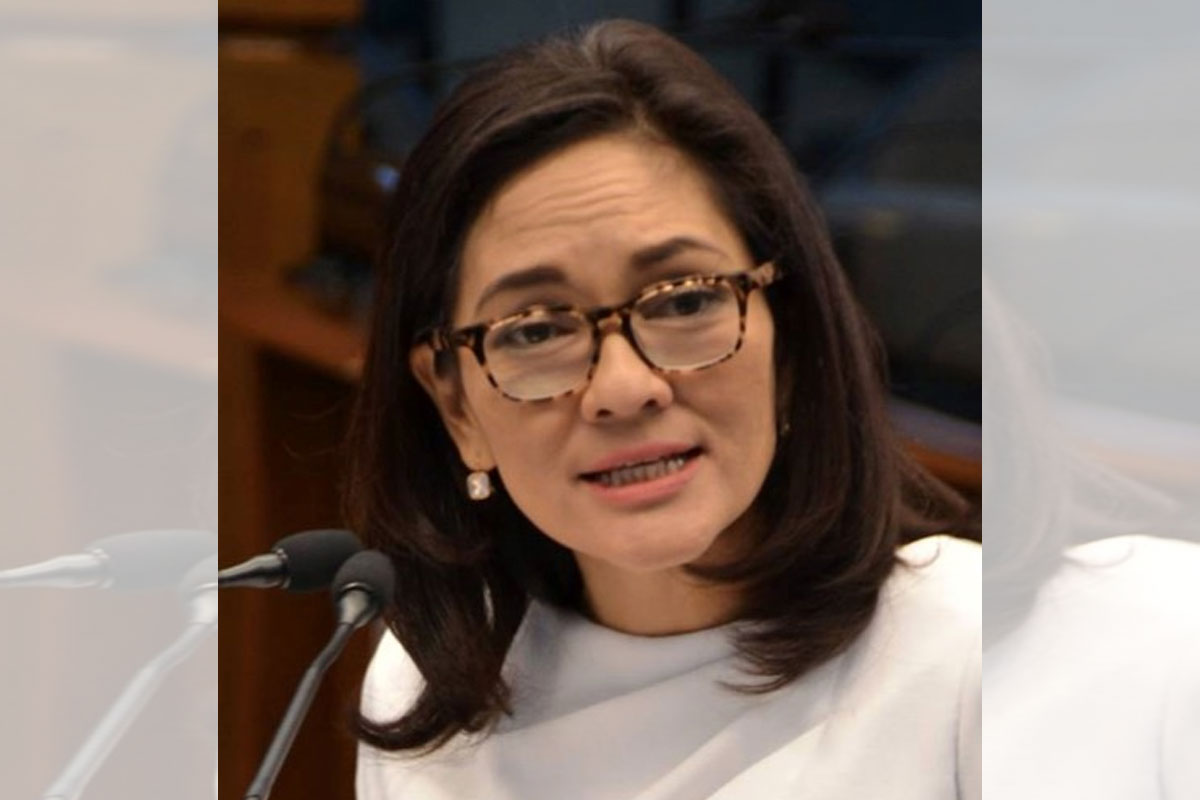
Use of satellite tech, local dialects for crop climate calendars pressed
BICOL Saro Rep. Brian Raymund Yamsuan has proposed a measure that would institutionalize the use of crop climate calendars tailor-made to each specific locality, as a way to help farmers harness the power of science and technology in adapting to the disruptions triggered by climate change.
Under House Bill (HB) No. 9129 filed by Yamsuan, crop climate calendars should be written in simple English, Filipino or in the vernacular, depending on the area where these will be distributed, to ensure that they can be easily understood.
The measure also aims to tap the expertise of the Philippine Space Agency (PSA) in providing satellite data that could be used to enhance the efficacy of the crop climate calendars.
Yamsuan said he expects HB 9129 or the proposed “Climate-Resilient Agriculture Act” to benefit about 9.7 million farmers, of which around 708,000 are employed in the Bicol Region.
“The traditional crop calendars distributed to farmers should be improved by coming up with crop climate calendars that would equip farmers with the knowledge they need to make informed decisions in helping secure the country’s food production, amid the disruptions brought about by climate change on their planting and harvesting schedules,” Yamsuan said.
He said “institutionalizing the use crop climate calendars can reduce the risk of crop losses and also assist farmers in determining how best to maximize the use of water and fertilizers in line with the country’s commitment to sustainable farming.”
Under the bill, crop climate calendars refer to visual tools that present cultivation practices against the timeline of the cropping season and the risks faced by a crop per growing stage in relation to changes in climate and weather conditions.
Yamsuan said the crop climate calendars should be a collaborative effort of the Department of Agriculture (DA), the Philippine Atmospheric, Geophysical and Astronomical Services Administration (PAGASA), the Philippine Space Agency (PhiiSA), and the local government units (LGUs) to ensure that these would be useful for farmers.
“The government should be able to catch up with fast-changing technological applications to enable our farmers to harness the power of space and science in developing innovative farming and adapting to the disruptions triggered by climate change,” said Yamsuan, a former assistant secretary of the Department of the Interior and Local Government (DILG).
Yamsuan said extreme and unpredictable weather conditions pose a threat to the country’s agriculture sector and food security.
“The use of crop climate calendars crafted with the use of the latest technologies is a significant first step in making our agriculture sector climate-resilient,” Yamsuan said.
Under the measure, the DA, through its municipal, city and provincial agriculturists shall establish and promote the use of crop climate calendars tailor made for each specific locality or community.
The crop climate calendars, which should be presented using the regional language or dialect spoken in the locality, should be distributed free of charge to all farmers and farmers’ organizations and be made available online, according to the bill.
Under the bill, the DA, through its Agricultural Training Institute (ATI), should also provide farmers with regular appropriate training and capacity-building on climate-sensitive decision making and the use of relevant tools and applications, such as easy- to-read charts, diagrams and tables that would guide them in their planting and harvesting practices.





















